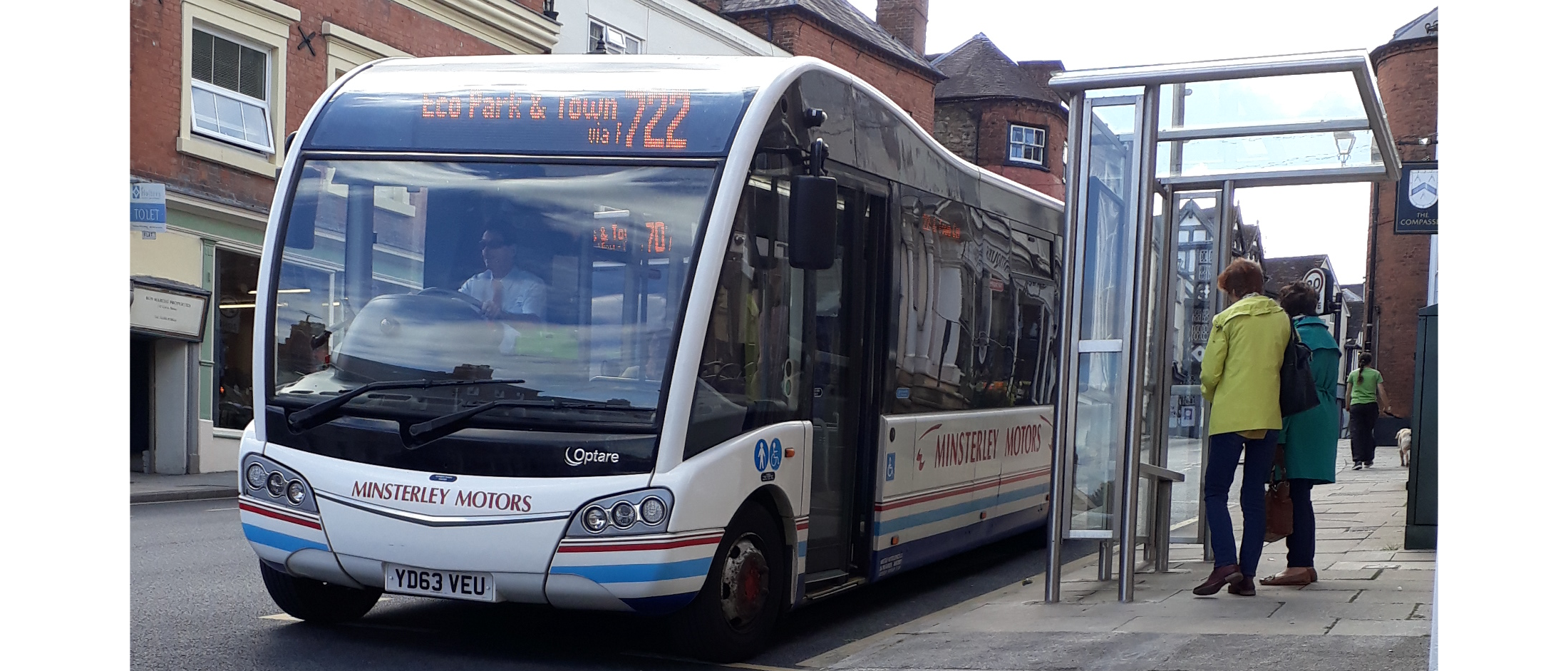Buses are the cinderella of transport. We hear a lot about trains, the inconvenience of delays, strikes and buckled rails. But we don’t hear much about buses. Yet there were more than four billion local bus passenger journeys in England in the year ending March 2020 before the pandemic. Numbers inevitably declined during the pandemic and have not yet recovered to pre-pandemic levels, especially among concessionary pass passengers.
Many rural areas do not have a local train service. Rural buses are literally a lifeline. But unlike services in some cities, rural buses have been in steep decline.
On Wednesday, Helen Morgan MP for North Shropshire, presented a bill to parliament with the aim of ensuring people living in market towns can access hospitals, GPs and other services by public transport every day of the week.
As Helen says, there is only one Sunday service in the whole of Shropshire, running hourly between Oswestry in the north west of the county and Wrexham.
Market Drayton and Whitchurch in the north of the county are both in the bottom 10 per cent of towns of their size when it comes to the number of departures each weekday. The average number of departures in English towns with a similar population (10,000-20,000 people) is 306 each weekday, however Market Drayton has an average of 74 departures and Whitchurch just 66.
Ludlow, population 11,000, has 71 departures Monday to Friday. Of these 31 are services to Shrewsbury, Knighton, Leominster, and Kidderminster, with a single service to Builth Wells (the bus comes back the following week). The remaining 40 departures are the two town services. There are also five school buses to villages, once a day each way on schooldays.
Helen Morgan points out that Cornwall has 1.7 bus departures per 1,000 people on a Sunday, Staffordshire has 1.2, Herefordshire 0.8 and Powys 0.8. Shropshire is way behind with just above zero.
The decline in Shropshire bus services began shortly after Shropshire Council was created as a unitary authority in 2010 and services have since declined at a faster rate than services nationally.
During the pandemic, bus passenger trips plunged by 2.5 billion (61%) to 1.57 billion. Buses services survived due to extra government funding, recently extended until October. From October many services are expected to be axed. Buses, especially in rural areas where journeys are often lengthy, will not only be hit by the loss of the additional subsidy but also by the hike in fuel prices. Passenger numbers are also down, particularly among concessionary pass holders.
Here in Shropshire, several services are threatened after October. However, I believe it is likely that Shropshire Council will ensure continuation of the major routes across the county. Looking at the longer term, the council has established a bus working group, of which I am member, to look at options for retaining and significantly improving bus services in the county. Substantial progress will depend on Shropshire succeeding in receiving funding under the government’s Levelling Up agenda (it lost out on its first bid). Government funding has been biased towards the cities at the expense of rural areas but there is hope that this time Shropshire will succeed.

We need to succeed. I argued in evidence to the House of Commons transport select committee in 2018 that rural buses are a social service, essential for health and wellbeing and they should not just be treated as a means of getting from A to B.
Helen Morgan’s Bill will have its second reading on 28 October. Although it is very unlikely to get the government support needed to succeed, whoever the next prime minister and transport minister are, the Bill does draw attention to the paucity of buses in rural areas and the plight of people who cannot independently get to work, the shops, employment or medical services without relying on taxis, community transport and friends. I hope that Shropshire’s other two MPs, Philip Dunne and Daniel Kawczynski attend the debate and votes in favour of the bill. From a Shropshire perspective, the best answer the government can give to Morgan’s bill is to award Shropshire Council Levelling Up funding to ensure the continuity and improvement of bus services throughout the county.



